Innovative solutions to socio-environmental disasters
Innovative solutions to socio-environmental disasters
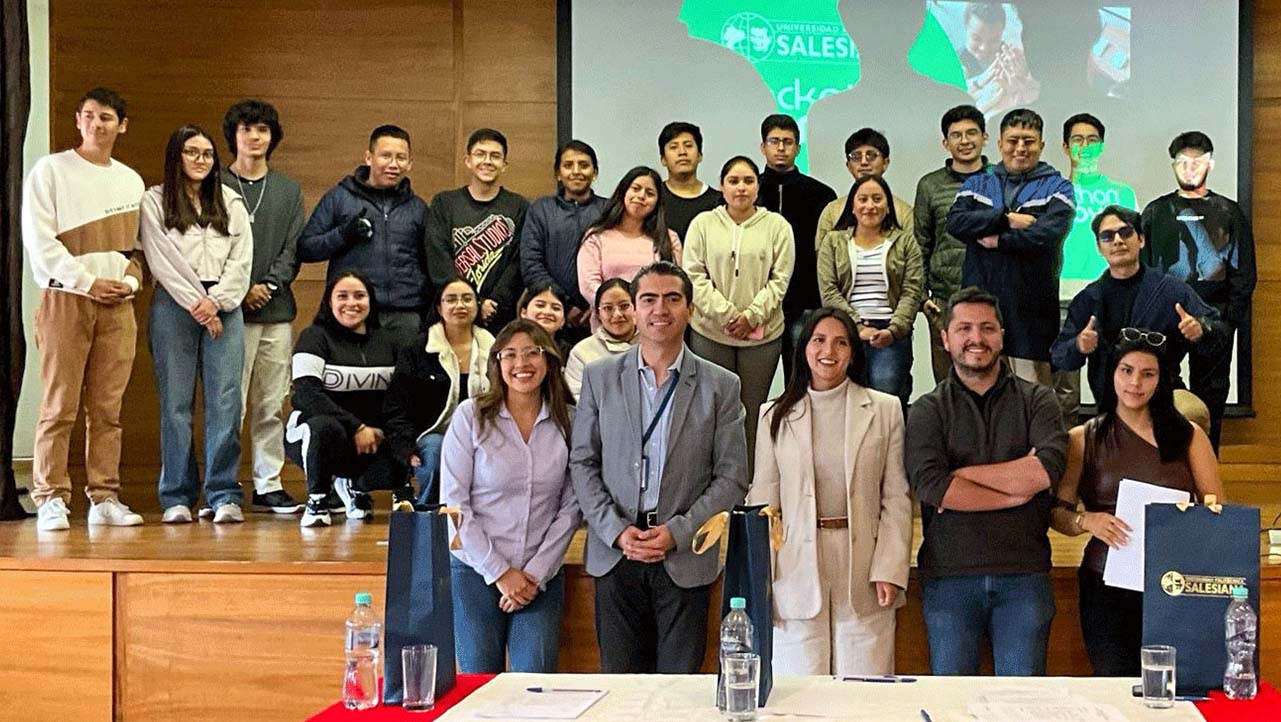
The university has launched the “UPS InnovaSOS” program: Socio-Environmental Innovation and Disaster Response. A program that articulates technological innovation with humanitarian action, actively involving professors and students in the creation of practical solutions for communities affected by environmental emergencies.
As part of this strategy, the university held the Hackathon: "LabMóvil: Innovando por Esmeraldas", coordinated by the Secretariat for Entrepreneurship and Innovation (STEEI for its acronym in Spanish). For 48 hours, students from the following majors worked on creating functional prototypes for a mobile laboratory capable of measuring the quality of water, air and soil in real time in areas affected by the spill of more than 25 thousand barrels of oil that occurred in March 2025 in El Vergel, Esmeraldas province: Agriculture, Nursing, Environmental Engineering, Mechatronics, Electronics, Computer Science and Mechanics majors, from Quito, Cuenca and Guayaquil.
Guided by experts in technological innovation and emergency management, teams designed viable solutions that can be manufactured in the short term and taken to communities. These actions not only promote community resilience but also contribute to the recovery of local ecosystems.
Diego Zhindon, from Entrepreneurship and Innovation, explained that "while academic training is fundamental, it is also essential to know and master practical tools for professional practice." He said "the Hackathon seeks to generate these tools, in our branch campuses in Guayaquil and Cuenca, and thus contribute to society."
About 30 people participated in our branch campus in Cuenca, including students and researchers, and presented eight projects that were divided into two categories: water filtration and purification for human consumption, and hardware and software development for monitoring and mitigating natural disasters.
In the first category, they presented solutions aimed at improving access to drinking water in rural communities. In the second category, they presented water purification systems, a dual environmental monitoring system for communities affected by oil spills, and an all-terrain robot designed to operate in contaminated environments.
Dennise Espinoza, from Entrepreneurship and Innovation in Quito, explained that the challenges were divided into two categories: hardware and software, focusing on the development of monitoring sensors and water purification systems for human consumption. “The idea is to create field-applicable solutions, leveraging technologies available in Ecuador, rather than building from scratch.”
The active participation of our three branch campuses led to creative and committed solutions to the environmental emergency in Esmeraldas. In Quito, in the Monitoring category, first place went to the "PH Monitoring System" project, second to "Density Chip," and third to "Smart Pipeline Crack Monitoring System." In the Purification category, first place went to "BioIsla Jacinta," second to "Aqua Pure," and third to "Aqua Vibe."
In Guayaquil, the winners in Monitoring category were "D-TRACK", "Aqua Smart" in second place, and "SIREP" in third place. In the Purification category, first place went to "Trata Agua 360," second to "Crude Oil Collection and Filtering Using a Skimmer," and third to "Protecting the Environment."
In Cuenca, in the Monitoring category, "Skimmer" won first place, "Dual Monitoring System" in second place, and "PATROCLO" in third. In the Purification category, "Agua Viva" won first place, "Barrera Ecológica" in second place, and "MiniDAF" in third place.
The first phase of the hackathon demonstrated the institutional commitment of students, professors, and researchers. Currently, the Technical Secretariat for Entrepreneurship and Innovation is conducting a technical analysis and validation of the winning projects. This process seeks a comprehensive and sustainable solution, focused on its direct application in communities of Esmeraldas. Our university is convinced that higher education must act as an engine of social change, integrating knowledge, innovation, and solidarity to address the country's challenges with a transformative vision.

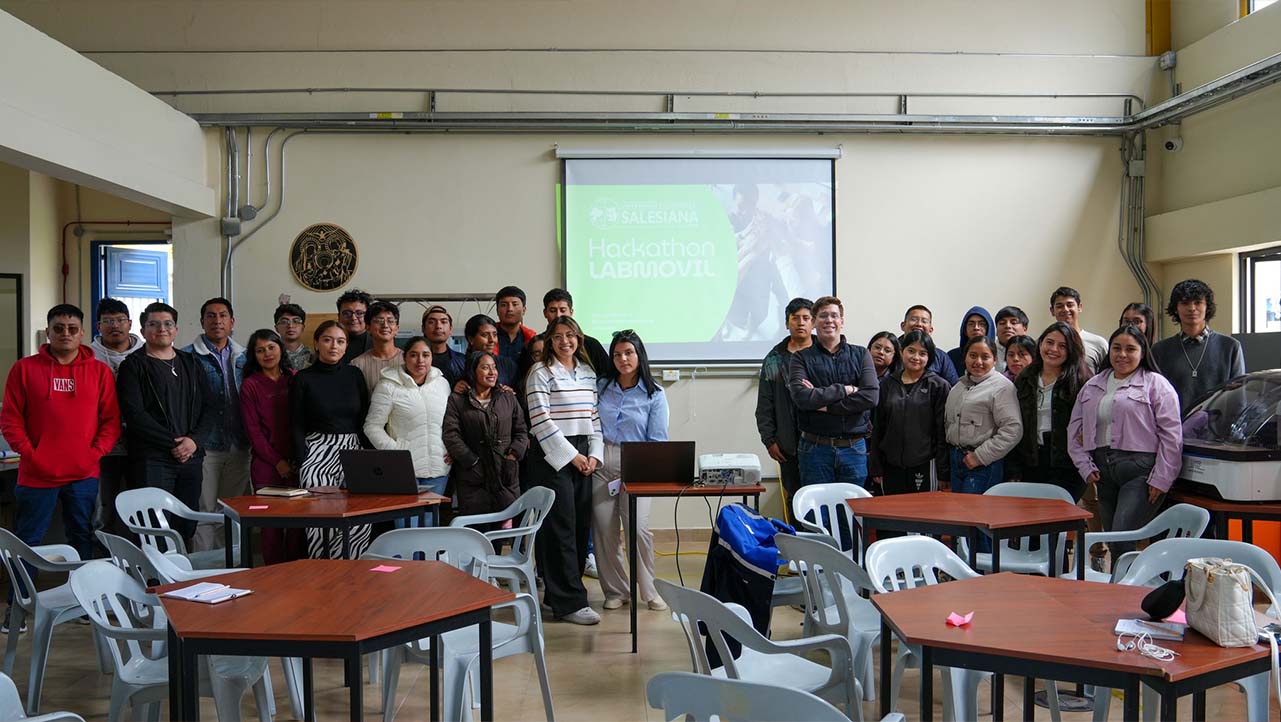
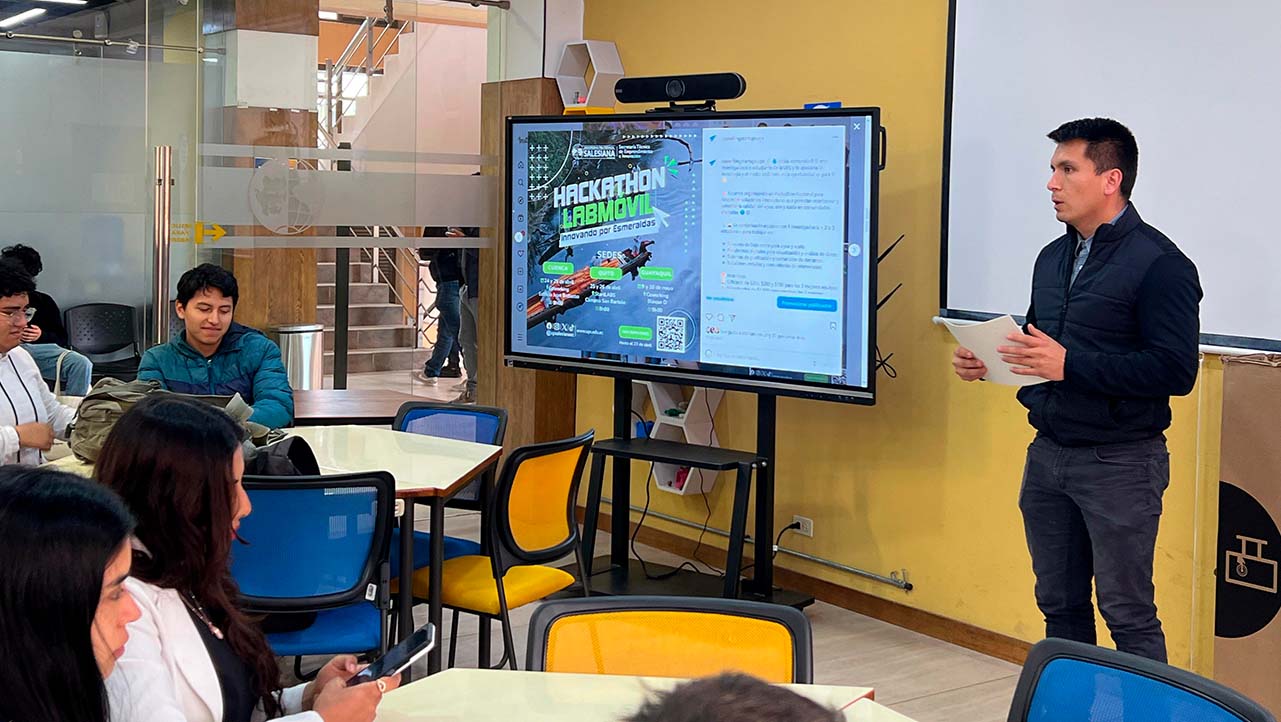
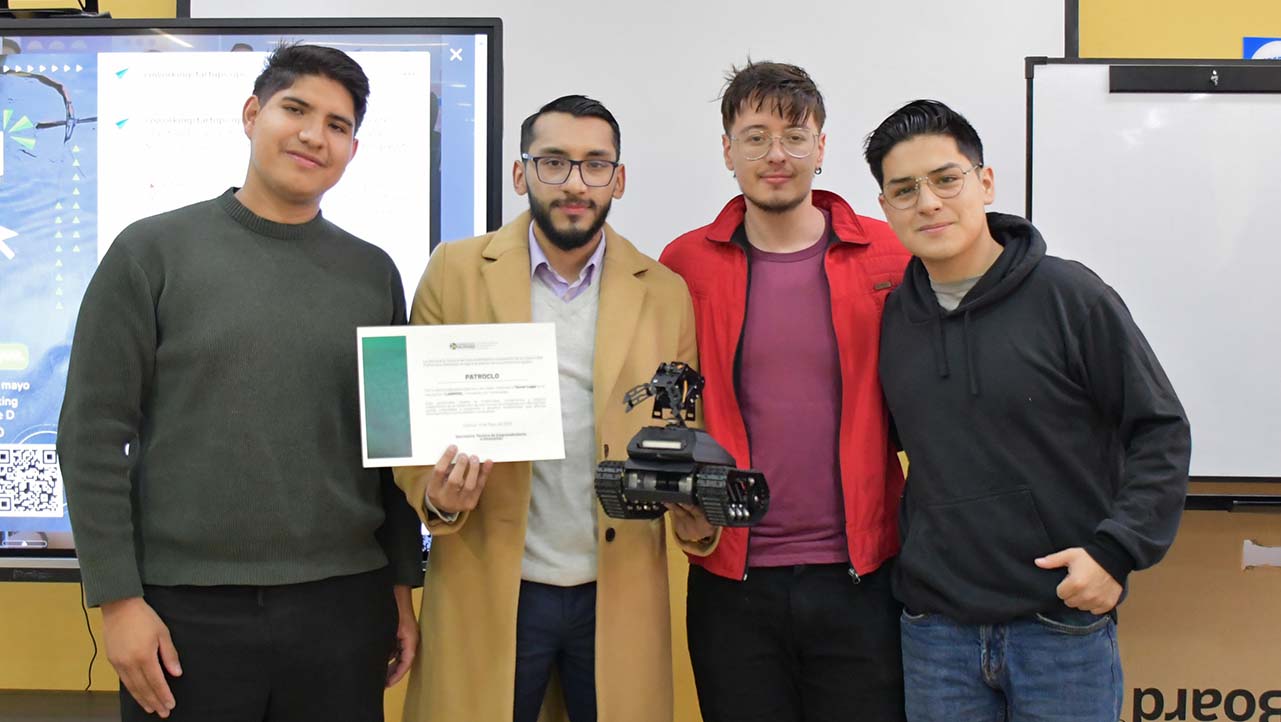
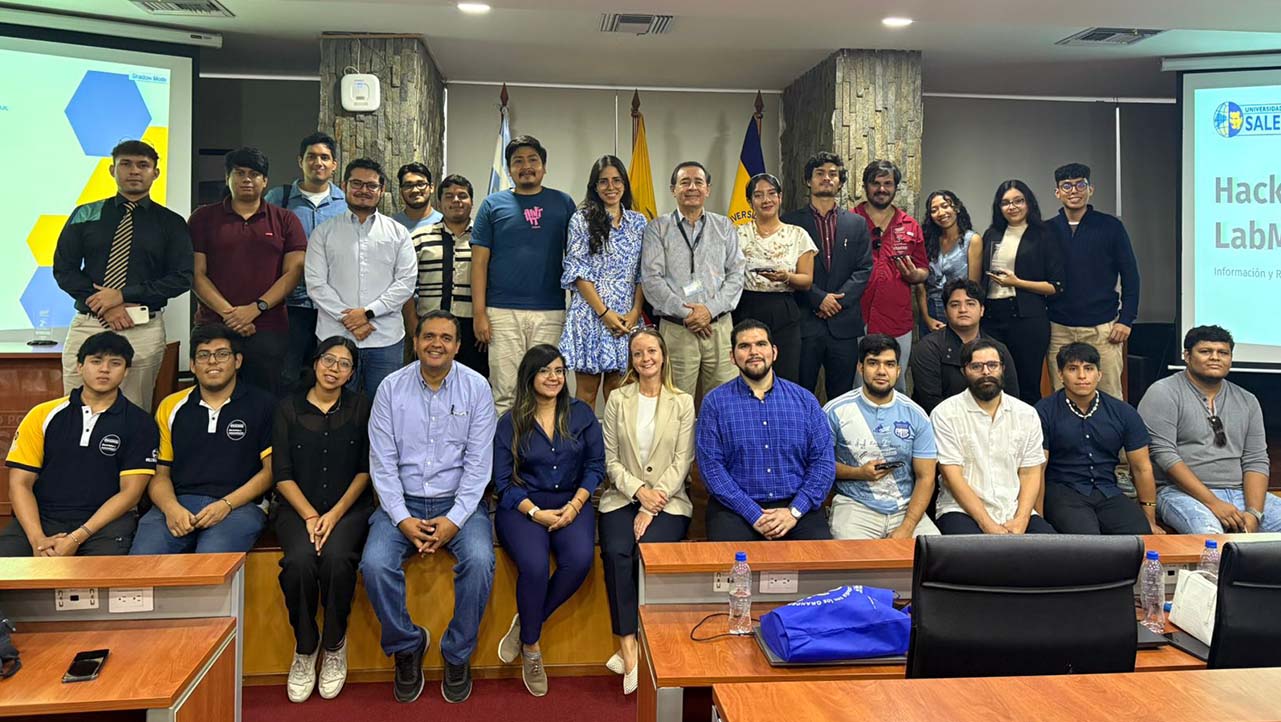
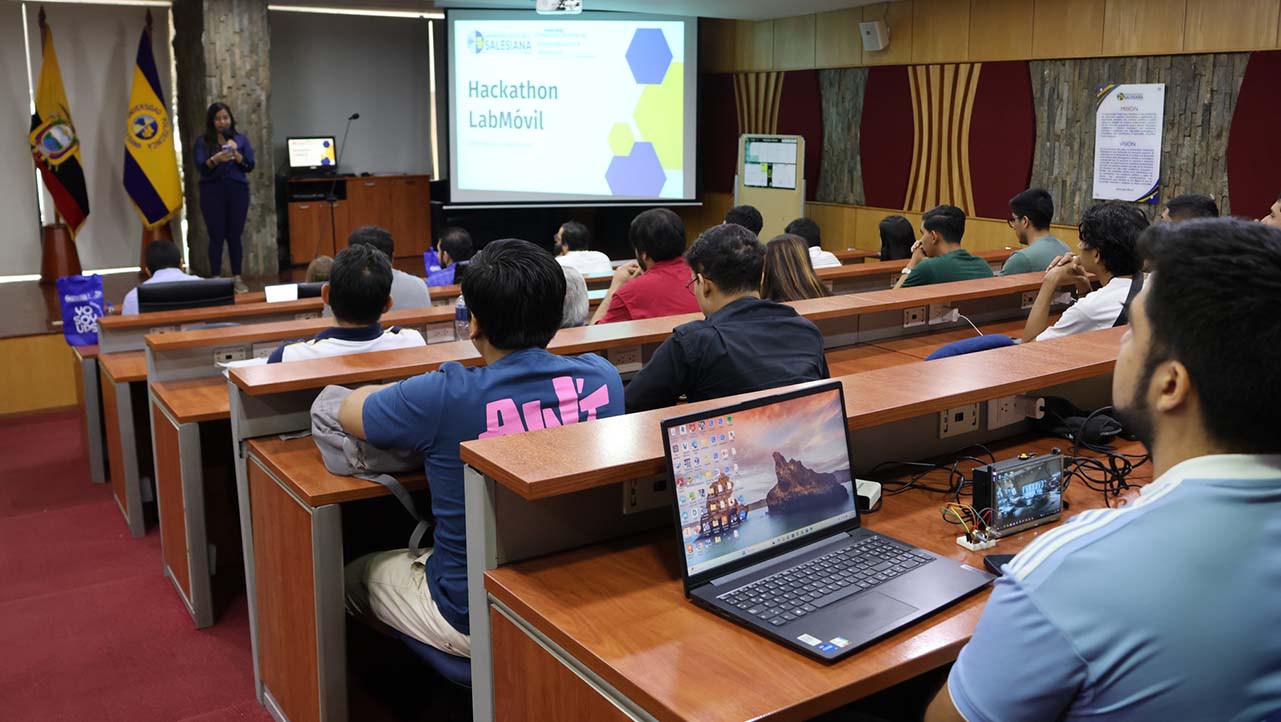
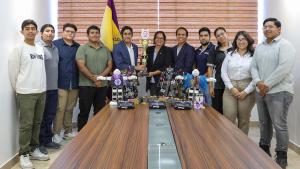
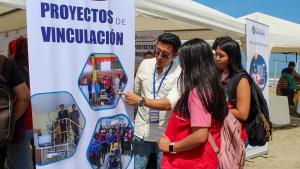
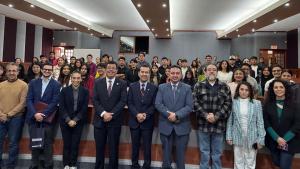

Follow us
Follow us